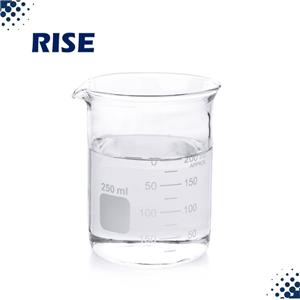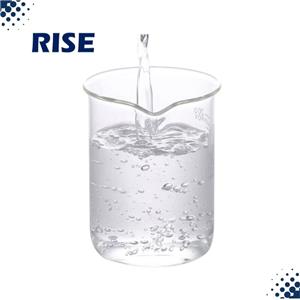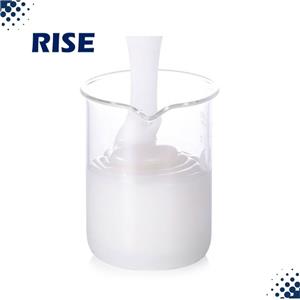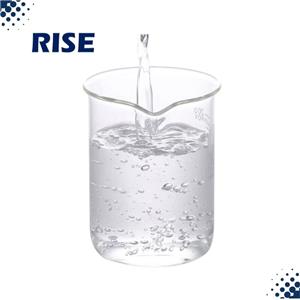Defoamer and Antifoam: Essential Chemicals for Efficient Leachate Treatment
The treatment of leachate, the liquid that percolates through landfill waste, is a crucial aspect of waste management. Effective leachate treatment not only ensures environmental protection but also promotes sustainable waste disposal practices. In this article, we will explore the role of defoamer and antifoaming agent in the treatment of leachate, with a particular focus on their significance and the impact they have on the efficiency of the treatment process.
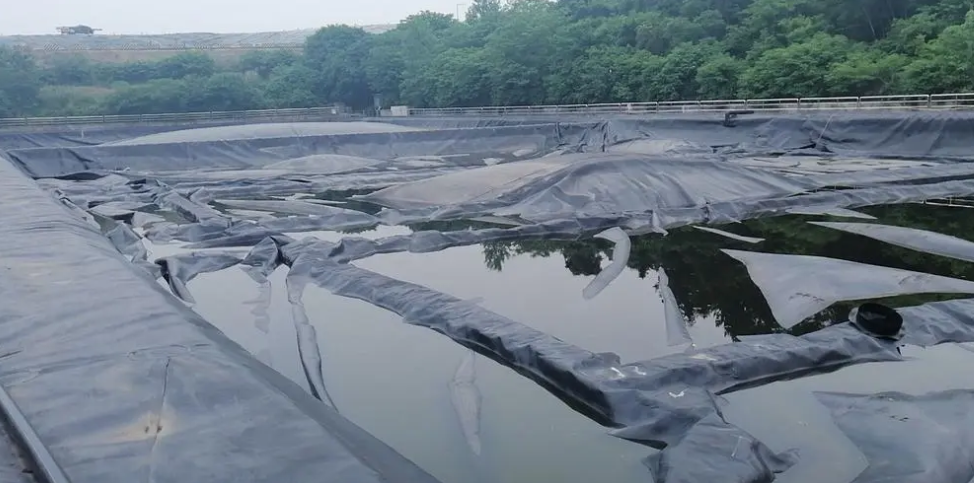
Defoamer/Antifoam
As the name suggests, defoamer is chemical additives used to eliminate or suppress foam formation in lquid systems. In the context of leachate treatment, the presence of foam can hinder the separation of solid and liquid phases, reducing efficiency and leading to increased operating costs. Defoamers effectively combat foam by destabilizing the foam bubbles through various mechanisms. defoamers typically consist of a mixture of oils, waxes, and silicones that exhibit surface-active properties. When added to the leachate, defoamers rapidly spread across the surface of foam bubbles, causing them to collapse and dissipate.
The Significance of Antifoaming Agent
Antifoaming agent, a subgroup of defoamer, work hand in hand with defoamers to prevent the formation of foam in leachate treatment processes. Unlike defoamers, antifoaming agents are used as preventative measures, minimizing the likelihood of foam formation during the treatment process. Antifoaming agents disperse throughout the leachate, promoting the rapid release of entrapped gases and breaking down surface tension, thus inhibiting foam formation. Their addition to leachate treatment systems significantly reduces the need for subsequent defoamer applications and enhances the overall treatment efficiency.
Benefits of Using Defoamer and Antifoaming Agent in Leachate Treatment
1. Enhanced Process Efficiency
Foam interferes with the proper separation of solids and liquids, reducing the effectiveness of conventional treatment methods. The addition of defoamers and antifoaming agents ensures a smooth and uninterrupted process, improving treatment efficiency.
2. Cost Savings
Increased foam presence necessitates excess pumping and additional chemical dosing, leading to higher operating costs. By mitigating foam formation, defoamers and antifoaming agents help reduce chemical consumption, energy requirements, and maintenance expenses.
3. Improved Equipment Performance
Foam can accumulate on equipment surfaces, causing corrosion and premature wear. Defoamers and antifoaming agents protect and prolong the lifespan of vital infrastructure and equipment utilized in leachate treatment plants.
4. Environmental Protection
Efficient leachate treatment, achieved through defoamers and antifoaming agents, ensures minimal environmental impact by preventing the release of untreated waste and contaminants into water bodies or soil.
Defoamer and antifoaming agent play a vital role in enhancing the efficiency of leachate treatment processes. With their ability to suppress foam formation, these chemical additives enable smooth separation of solid and liquid phases, resulting in cost savings, improved equipment performance, and environmental protection. As manufacturers of defoamers, our company remains committed to providing high-quality products that contribute to efficient and sustainable waste management practices.

